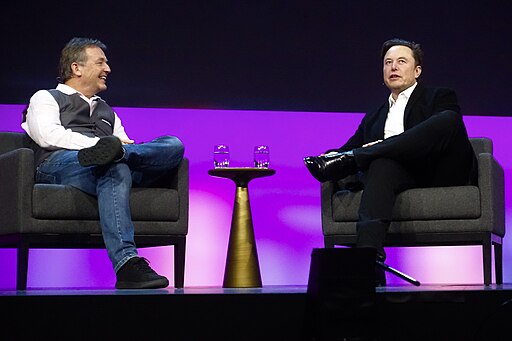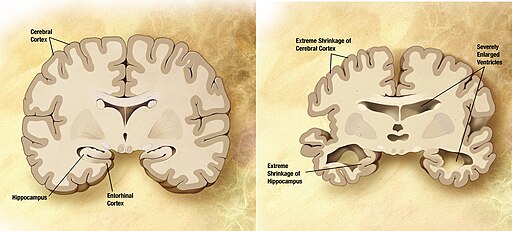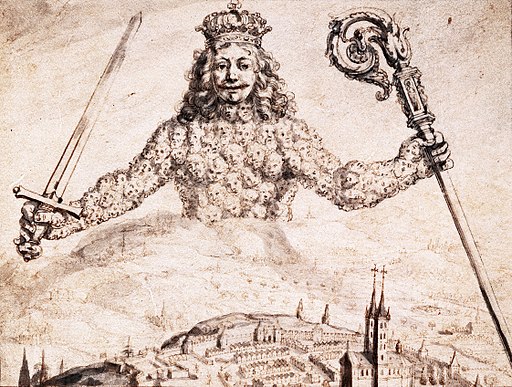
As the October 28 deadline to complete his acquisition of Twitter approached, Elon Musk used the platform to send an open letter to its advertisers.
Why did Musk buy Twitter? “I didn’t do it to make more money,” he writes. “I did it to try to help humanity, whom I love.”
That might seem an odd approach toward the people who use Twitter to make more money, and of course there’s always the question of whether to believe him. But he sets out a vision that those advertisers should find attractive.
He reassures them that he doesn’t plan to turn the platform into “a free-for-all hellscape, where anything can be said with no consequences!”
Rather, he wants a platform that’s “warm and welcoming to all, where you can choose your desired experience according to your preferences.” He wants to deliver ads that are highly relevant (“actually content!”) rather than irrelevant (“spam”) to those preferences … so that it “strengthens your brand and grows your enterprise.”
He wants to serve the advertisers by serving the users. That sounds like a pretty smart business plan.
People using social media to create “silos” in which they’re only (or at least mostly) exposed to ideas they agree with isn’t something that’s going away.
Twitter’s approach of driving people away to other platforms (by banning, “shadow-banning,” etc.) over their political views, wasn’t a smart business plan.
It intentionally took money out of Twitter’s pockets by driving advertisers to those other platforms as well — even though Twitter’s follow/block tools were up to the job of letting users “silo” themselves instead of leaving, so that advertisers could find and court them right there.
Perhaps Musk really isn’t buying Twitter “to make more money.” But he still seems to be following the late economist Milton Friedman’s dictum:
“There is one and only one social responsibility of business — to use its resources and engage in activities designed to increase its profits so long as it stays within the rules of the game, which is to say, engages in open and free competition without deception or fraud.”
The rule of the social media game is: Sell users to advertisers.
Sending users away when it’s possible to keep them there and expose them to relevant ads (but not irrelevant ones) fails the users, the advertisers … and the platform’s owner(s). To the extent Musk serves the first two, he also serves the last — himself.
Thomas L. Knapp (Twitter: @thomaslknapp) is director and senior news analyst at the William Lloyd Garrison Center for Libertarian Advocacy Journalism (thegarrisoncenter.org). He lives and works in north central Florida.
PUBLICATION/CITATION HISTORY


